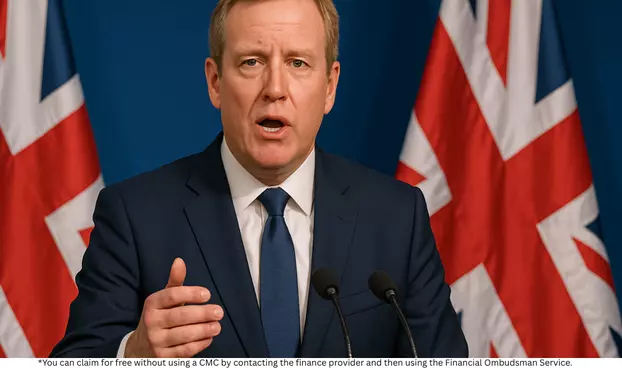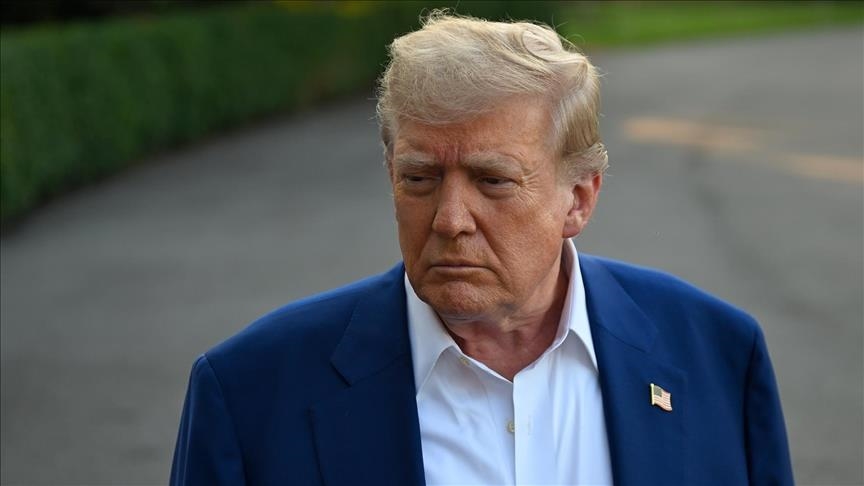The reputation of the United States around the world has dropped sharply under President Donald Trump, a study shows, even though Kenyans are among the world’s top admirers of Washington.
The study was conducted by Pew Research Centre, a US think-tank that says it is non-partisan, and is based in Washington DC. It sampled 24 countries. Findings show that the ratings of the US among adults have dropped in many countries between 2024 and 2025.
Regarding the US, the study analysed two sentiments: Whether the respondent had confidence in President Donald Trump to do the right thing and whether he or she had a favourable opinion of the US.
Kenya was one of the countries surveyed. Others are Nigeria, South Africa, Indonesia, Turkey, Israel, India, Mexico, Hungary, Germany, South Korea, and Brazil.
In both scores, Kenya ranked ahead of most countries in terms of its enthusiasm for the US and its controversial president. In terms of confidence in President Trump to do the right thing, Kenya polled third among the 24, with 64 percent of the surveyed individuals giving the president a thumbs-up.
The 64 percent was only bettered by Nigeria (79 percent) and Israel (69 percent). The lowest percentage of confidence in Mr Trump came from Mexico, where only eight per cent gave him a nod. Trump renamed the Gulf of Mexico to the Gulf of America, one of the first decision he made as soon as he resumed office last year, much to the protestations of Mexicans. And Mexico was among countries Trump imposed tariffs, and accuses the country of letting through illegal migrants into the US.
In Kenya, on the question of sentiment towards the US, 62 percent of the Kenyan adults polled said they had a favourable opinion of Uncle Sam. This was bettered only by Nigeria (78 percent) and Israel (77 percent). However, even for Kenya, the 62 percent approval rate was a decline from 78 percent last year when Joe Biden was leaving power.
The lowest favourable perception of the US among the 24 countries came from Sweden at 19 percent.“Overall ratings of the United States have declined in 15 nations since last spring, including drops of 20 percentage points or more in Mexico, Sweden, Poland and Canada,” said the Pew Research Centre.
Explaining the perception of Mr Trump, the organisation said views are attached to a number of variables.“In most nations, views about Mr Trump differ sharply along ideological and partisan lines.
People who place themselves on the right and those who have favourable views of right-wing populist parties in Europe tend to view Trump more favourably,” it said.“In 13 countries, confidence in Mr Trump is down significantly from the ratings that then-President Biden received last year.
The biggest drops are in Sweden (-48 points), Germany (-45), Poland (-40) and the Netherlands (-40),” it added.“Mr Trump’s ratings are higher than Biden’s in Hungary (+24 points), Nigeria (+13), Israel (+12), Turkey (+8), India (+8) and South Africa (+5).”The interviews were conducted between January and April, involving 28,333 people in the 24 countries, and the results were released last month. The questions asked also involved the matter of the world’s leading economic power.“When asked which is the world’s top economic power – the US, China, Japan or the European Union – more [people] say China is the top economy in 12 countries, while people in eight countries tend to name the US,” said the Pew Research Centre. By








